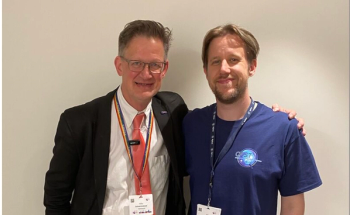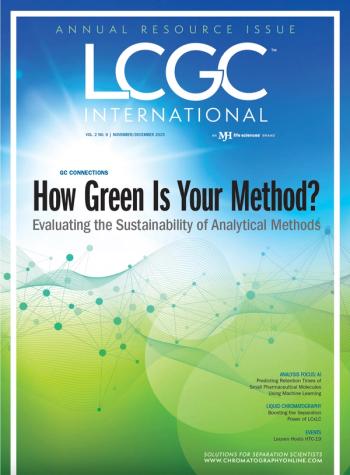
Applications Sought for Gordon F. Kirkbright and Edward Steers Bursary Awards
The Association of British Spectroscopists (ABS) Trust invites applications for the 2020 Gordon Kirkbright Bursary and the 2020 Edward Steers Bursary.
The Association of British Spectroscopists (ABS) Trust invites applications for the 2020 Gordon Kirkbright Bursary and the 2020 Edward Steers Bursary. Although both funds are administered by the ABS Trust, the Kirkbright award is not restricted to spectroscopists. It is open to all who are involved with or using analytical science-based techniques.
The Gordon F. Kirkbright award assists a promising early career scientist of any nation to attend a recognized scientific meeting or visit a place of learning. The fund for this bursary was established in 1985 as a memorial to Professor Gordon Kirkbright in recognition of his contributions to analytical spectroscopy and to science in general.
The Edward Steers bursary is made possible through the generosity of former ABS trustee, Professor Edward B.M. Steers. The award assists a promising early scientist engaged in or using analytical spectroscopic techniques.
The ABS Trust defines “early career” as being either a student or an employee in a non-tenured academic post or in industry, within seven years of their award of a PhD, excluding career breaks. The same conditions apply to each bursary.
Application forms can be downloaded at:
and
For further information, please visit:
The closing date for entries is November 30, 2019
Newsletter
Join the global community of analytical scientists who trust LCGC for insights on the latest techniques, trends, and expert solutions in chromatography.



